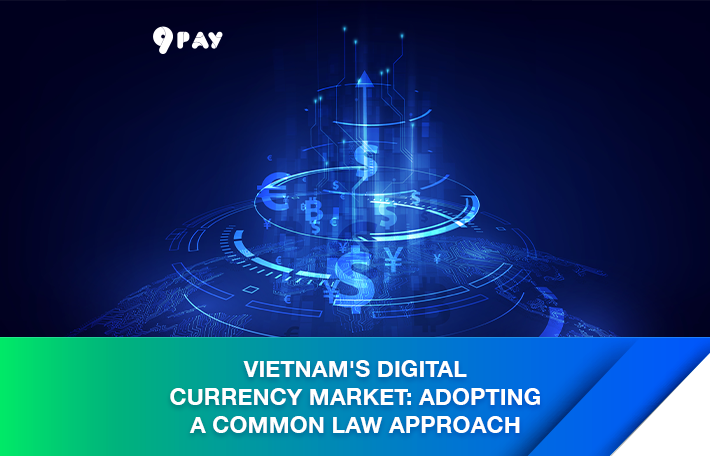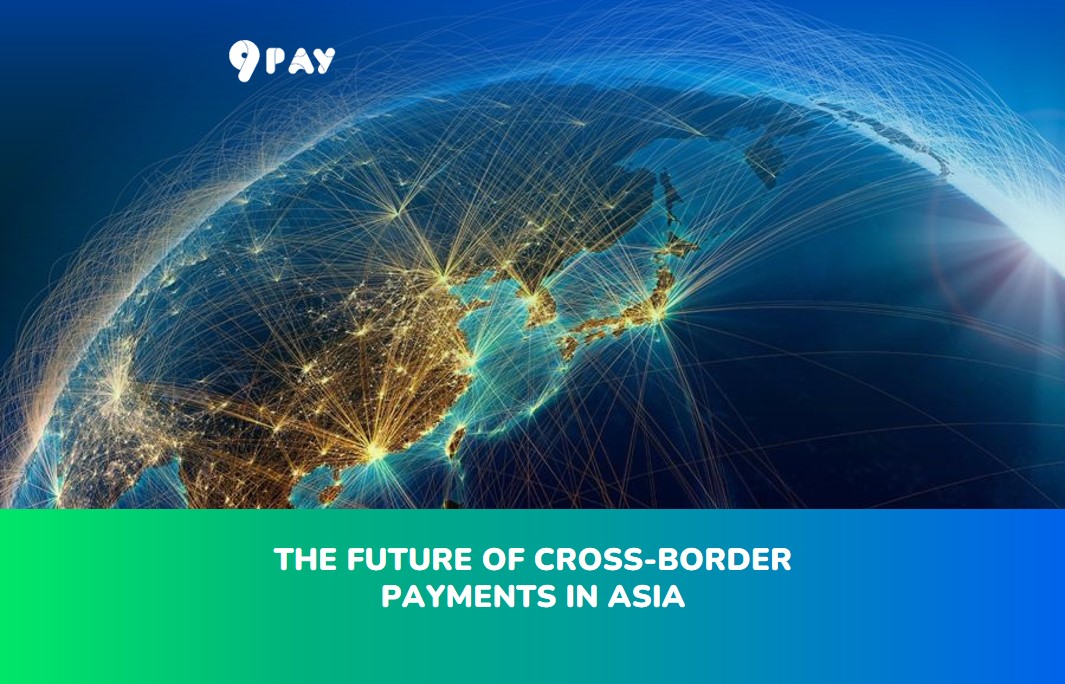Vietnam's digital currency market: Adopting a common law approach
Digital assets are becoming an inevitable trend in the digital age. In Vietnam, this market is witnessing strong development, offering opportunities for investment and innovation, but also posing many risks.

Two major legal systems apply to the digital asset market globally: common law and civil law. So, which legal approach should Vietnam follow?
According to industry experts, “virtual currency” was initially used to refer to assets like Bitcoin when they first appeared, but this term often evokes associations with scams. Therefore, terms like “digital currency” or simply “digital money” are now more favored to describe forms of currency existing in digital form.
In Vietnam, Decree 52/2024/ND-CP defines “electronic money” as Vietnamese dong stored on electronic devices, but does not recognize cryptocurrencies like Bitcoin as a legal means of payment.
Mr. Truong Gia Bao, Chairman of the Sustainable Blockchain Development Club, explains that digital currencies can be divided into two main types:
The first is national digital currencies issued and managed by the State. For example, if Vietnam creates a digital currency in the future, it would be pegged 1:1 to the Vietnamese dong (VND), ensuring stability and government backing.
The second type includes digital currencies not issued by the government, such as Bitcoin or Ethereum. In many countries, these are not recognized as official currencies but are treated more like commodities. Their value is not determined by the State but by market supply and demand or investment funds, leading to significant price volatility.
Vietnam’s digital asset market is seeing strong user participation. The number of digital currency wallet holders in Vietnam has reached a notable level, reflecting high community acceptance of this financial technology trend. According to Singapore-based fintech firm Triple-A, as of 2024, around 17 million Vietnamese own digital currency-related wallets, accounting for about 17% of the 100 million population. This is far above the global average (6–6.5%), placing Vietnam among the top countries in digital currency adoption.
Legal and Exchange Risks in Vietnam’s Digital Currency Market
Mr. Tam Le, CEO of IDG Vietnam, notes that according to BCG forecasts and current market trends, around 17 million Vietnamese are holding digital assets. The “Global Crypto Adoption Index 2024” by Chainalysis ranks Vietnam 5th globally in digital currency ownership, following India, Nigeria, Indonesia, and the United States.
According to Chainalysis, which provides investigative tools and reports on digital currencies and assets, digital money inflow into Vietnam between July 2022 and June 2023 reached approximately USD 120 billion. During the same period, Vietnamese investors earned nearly USD 1.18 billion in profits from digital currency investments, ranking third globally, just behind the US (USD 9.36 billion) and the UK (USD 1.39 billion).
However, despite the large number of users, the quality of engagement is still low. Mr. Truong Gia Bao points out that most Vietnamese users act based on FOMO (fear of missing out) rather than strategic investment. In this emerging market, most players only engage in basic trading and rarely reach advanced levels such as project development or sophisticated investing.
The 10–17 million Vietnamese holding digital currencies (10–17% of the population) is proof of strong community interest. With a top-five global ranking and hundreds of billions in capital, Vietnam stands before a major opportunity to integrate into the global digital economy.
Still, experts warn that quantity does not equate to quality; legal risks, exchange collapses, and wallet mismanagement remain major concerns. Digital assets are not just numbers on a screen—they require understanding and smart governance from both individuals and authorities to transform potential into long-term benefits.
Mr. Nguyen Dinh Thang, Chairman of the VINA Fintech Club (under VINASA) and also Chairman of the Center for Digital Asset Management, highlighted two main issues in Vietnam’s digital currency landscape: legal validity and economic effectiveness.
Mr. Thang notes that Vietnam currently lacks a legal framework that allows or regulates the opening of accounts and trading of digital currencies on international exchanges. Although digital currencies like USDT (Tether) and USDC are not legal tender in Vietnam, owning and trading them is not prohibited.
To participate in international exchanges, many Vietnamese convert VND into USDT or USDC via peer-to-peer (P2P) platforms. However, this carries legal and financial risks. Due to a lack of regulatory oversight, participants may face fraud, money laundering, or asset loss.
In addition to legal risks, there are also risks from the exchanges themselves. Many lack security and may collapse suddenly, leaving users unprotected. The global digital currency market has seen several major collapses in the past five years, such as the fall of the Luna project in South Korea or the infamous collapse of FTX, which once had a valuation of over USD 30 billion but imploded within two weeks, triggering a domino effect on hundreds of related companies.
“In terms of economic efficiency, I think digital currencies like Bitcoin or Ethereum are similar to stocks—their prices fluctuate. This volatility allows investors to profit by buying low and selling high. That’s why many join the market, hoping for returns. However, if the market crashes, the risks are significant,” said Mr. Nguyen Dinh Thang.
Mr. Tam Le of IDG Vietnam argues that with the rapid growth of digital currencies and global trends, the government should encourage this capital to flow into the economy effectively, both to protect investors through legislation and to manage the market and collect taxes.
Two Legal Systems: Common Law and Civil Law
Experts say that if Vietnam wants to participate in the digital asset market actively, or the broader digital economy, then legal infrastructure is critical. Leading countries like the US, UK, Hong Kong, Singapore, and Switzerland all use the common law system. Others follow the civil law model.
These systems differ significantly in their approach. Common law systems don’t define digital currencies or assets in rigid terms. Instead, they let the market develop based on precedent. Courts issue rulings based on actual cases, treating some facts as self-evident without strict definitions, offering flexibility far beyond that of civil law.
By contrast, civil law systems require precise definitions before legal recognition. But in fast-changing environments, it’s hard to define everything upfront. Common law allows the market to evolve first, and legal frameworks follow. Civil law waits for definitions before allowing activities, which often slows progress.
Therefore, if Vietnam wants to develop its digital finance sector, it should align more closely with the common law approach. Civil law systems often lag behind real-world developments, while common law offers flexibility.
The Vietnamese government has tasked the Ministry of Finance with researching and drafting a legal framework for managing digital assets and related services, targeted for completion by May 2025. This also aims to prevent money laundering and terrorism financing risks. The draft Digital Technology Industry Law, discussed by the National Assembly in October 2024, includes some regulations on digital currencies and digital assets.
However, until a clear legal framework is in place, converting VND to USDT or USDC for trading on international platforms remains legally and financially risky. Digital currency investors should proceed with caution and carefully assess the risks.
Source: vneconomy








